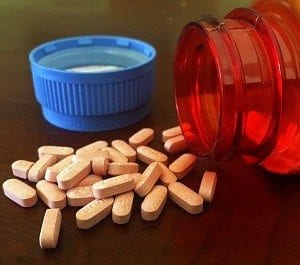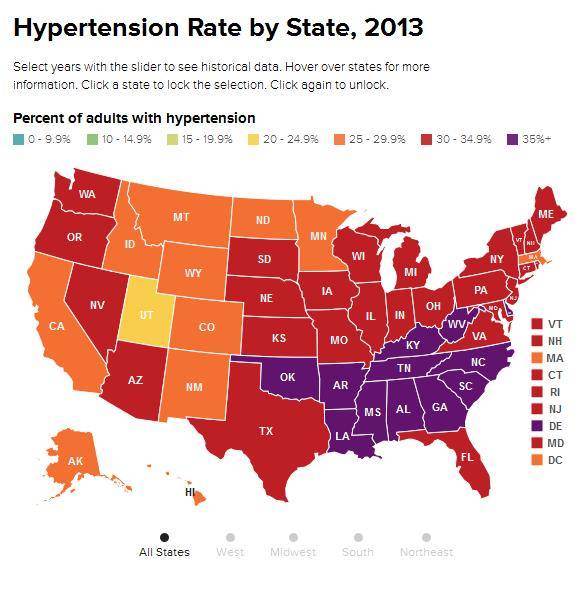How Tennesseans Can Reclaim Their Health
 Our Stillman and Friedland blog covers the basics for maximizing your financial recovery, such as insurance and the worth of your case. In the spirit of public service we also provide safety information to avoid risks and accidents, and health topics pertinent to specific injuries and diet for healing.
Our Stillman and Friedland blog covers the basics for maximizing your financial recovery, such as insurance and the worth of your case. In the spirit of public service we also provide safety information to avoid risks and accidents, and health topics pertinent to specific injuries and diet for healing.
This post will add to the topic of “defensive health” while under medical care. Patients—especially women and the elderly—are often exposed to dangerous dosages of prescribed medications, which may cause immediate and/or long-term issues. We covered the side effects of long-term use of the blood pressure medication (BPM) Olmesartan in a previous post; today we are going to discuss the very preventable downside of blood pressure medications in general, namely nutritional deficiencies.
Controlling high blood pressure is essential to good cardiac health and an important concern for many of our clients. Tennesseans are consistently at risk for the highest rates in the nation of Metabolic Syndrome: obesity, diabetes, high blood pressure (hypertension), and heart disease. If blood pressure is an issue for you, you are typical of many Tennesseans—more than one in three Tennesseans deal with this problem.

We have consistently advocated for proactive lifestyle changes as a solution to these problems, but many people opt to manage these health crises with medications.
As we noted in our post on Olmesartan, often drugs are tested on a short-term basis, but are taken on a long-term basis. With BPMs, problems only appear after six months or more. By this time, neither the patient nor the doctor will link health problems with the medication, since the patient has been fine so far.
Here are the basic vitamins and minerals which you need to supplement if you are taking BPMs:
- B1 (Thiamine)
- CoEnzyme Q10
- Calcium
- Magnesium
- Potassium
These nutrients and minerals aid in reducing blood pressure and preventing heart and circulatory problems.
The reason you need to supplement these is that diuretics flush them out of your body, and BPMs are diuretic. Our modern diet is often deficient in these essential nutrients and minerals to begin with, so ideally your doctor will check your levels of these even before you start treatment. Monitoring healthy levels and supplementing as needed is essential for better health—ask for blood tests if you are on BPMs. Lack of these essential nutrients and mineral will worsen your health. In a recent study, it was shown that two groups of heart patients, one with normal levels of magnesium in the local water supply and one without magnesium had drastically different results. Cardiac events and death rates were higher in those patients with magnesium deficiency.
Remember, while Stillman and Friedland are your best advocates for a fair settlement, you are your own best advocate for your health. We hope our posts give you the information you need for better healing.
Because we care…






